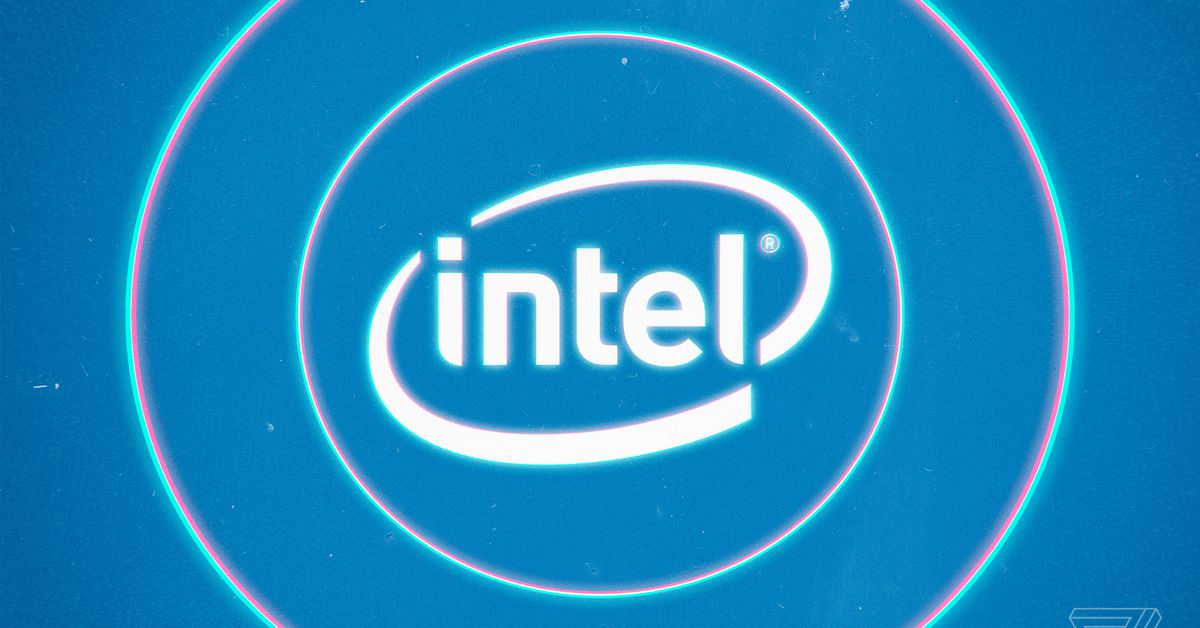- cross-posted to:
- [email protected]
- cross-posted to:
- [email protected]
So they got all that money from Uncle Sam’s CHIPS Act only to lay off 10,000 employees and make themselves “lean”. Govt funded unemployment.
You know they pocket those subsidies when this happens.
Right to the pockets of the least useful in the company - the executives.
Prepping for all those spicy class action lawsuits coming their way.
There’s a dude in wallstreetbets who dumped a $700k inheritance into Intel stocks. lol
Two generations of bad cpu’s and their solution is get rid of the workers so they can keep their bonuses.
Somebody should make a Borat Meme with AMD and Intel “Big Success!”
Done.

So, buying opportunity?
“Here is more evidence that our system is fundamentally broken and doesn’t serve the people who make it run anymore”
You: “How can I profit from this?”
You sound like a CEO in the making.
I mean, stock prices do go up after stuff like this. It’s a reliable way to profit.
The system sucks, but this is literally how rich people turn money into more money, while we complain we don’t have enough.
I may be a socialist, but I live in a capitalist dystopia, so sometimes I just exploit the system that exists instead of constantly taking the idealistic high road and getting kicked in the teeth for it.
Even Marx dabbled in the equities markets.
People seem to think having an economic philosophy is the same as having a moral philosophy. Absolutely not. If you look at a system and conclude “This is dysfunctional, it’s leaking money everywhere” that doesn’t preclude you from getting a sponge and mopping some of that money up.
While Intel has absolutely been losing money on its chipmaking Foundry business as it invests in new factories and extreme ultraviolet (EUV) lithography, to the tune of $7 billion in operating losses in 2023 and another $2.8 billion this quarter, the company’s products themselves aren’t unprofitable.
So what I’m getting here is that the CEO and or the board decided to invest in something that is losing a ton of money and so now 15% or more of the people who have been working diligently to actually make the company money are going to pay for it by losing their job.
So what I’m getting here is that the CEO and or the board decided to invest in something that is losing a ton of money
Intel has an enormous technical debt that they’re finally struggling to pay back after they hit a brick wall with their 7nm Titanium chipset.
It isn’t that this is wasteful spending so much as it is big upfront costs for future productive development.
That said, the fact that this work has to be government subsidized in order to be done raises the question of why this business is private at all.
I’m not sure I want the gov and huge amounts of my tax dollars going to operate federal gov chip fab plants. On the other hand I get your point that it is so heavily subsidized it is practically a de facto situation anyway.
I’m not sure I want the gov and huge amounts of my tax dollars going to operate federal gov chip fab plants.
That is ultimately what the subsidies amount to.
On the other hand I get your point that it is so heavily subsidized it is practically a de facto situation anyway.
I think the question isn’t “Do I want my tax dollars going to X?” (because they’re going there whether you want it to or not - semiconductors are an essential industry in a modern post-industrial nation). The question is how you want the business to operate. As a for-profit venture focused on returning the maximum profit to shareholders over the smallest time frame? Or as a public utility, focused on generating a sufficient quota of useful products for a fixed unit cost?
Part of the problem with the Western/Americanized economic system is that the second kind of enterprise is increasingly difficult to find. And where it does exist (the USPS, the state university system, the federal reserve, the SEC/FAA/EPA) there’s been so much privatization and regulatory capture that these institutions appear incapable of fulfilling their mandates.
But constantly diverting responsibility for fixing the problem by saying “I don’t want my tax dollars involved in this failed thing” doesn’t get us any closer to a solution. At some point, the public (and by extension the state bureaucracy) has to engage with our corrupt and failing economic cornerstones. Otherwise, we just become beholden to the nations we import from.
“Let Saudi-ARAMCO handle it” isn’t a solution I find particularly appetizing, either.
Doesn’t the US have semiconductor chip sanctions in place on China, specifically because it’s a national security concern? If semiconductors are that big of a deal that we need to sanction China over them… maybe they should be nationalized.
Doesn’t the US have semiconductor chip sanctions in place on China
Taiwanese Semiconductor is the global industry leader, and half of their output is sold to China. Korea and Japan are also major exporters. The Chinese manufacturers don’t care about losing access to Intel chips, when they’re a generation behind the curve anyway.
maybe they should be nationalized.
Wall Street would flip its lid if the US tried to nationalize Intel.
It’s a good thing we gave them BILLIONS of Taxpayer Dollars! Otherwise they would have Laid Off Employees! Anyways we don’t have enough money in the Budget to Feed Starving American Children!
Seems like a great time to buy AMD, ARM and QUAL








